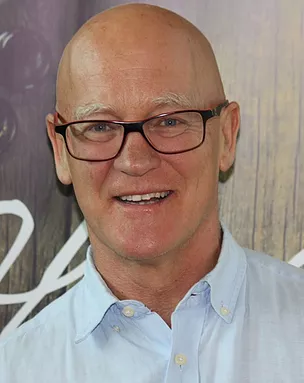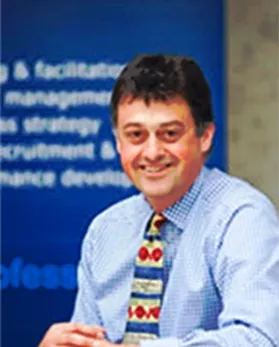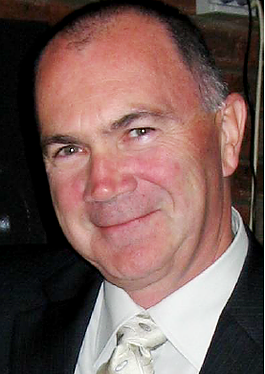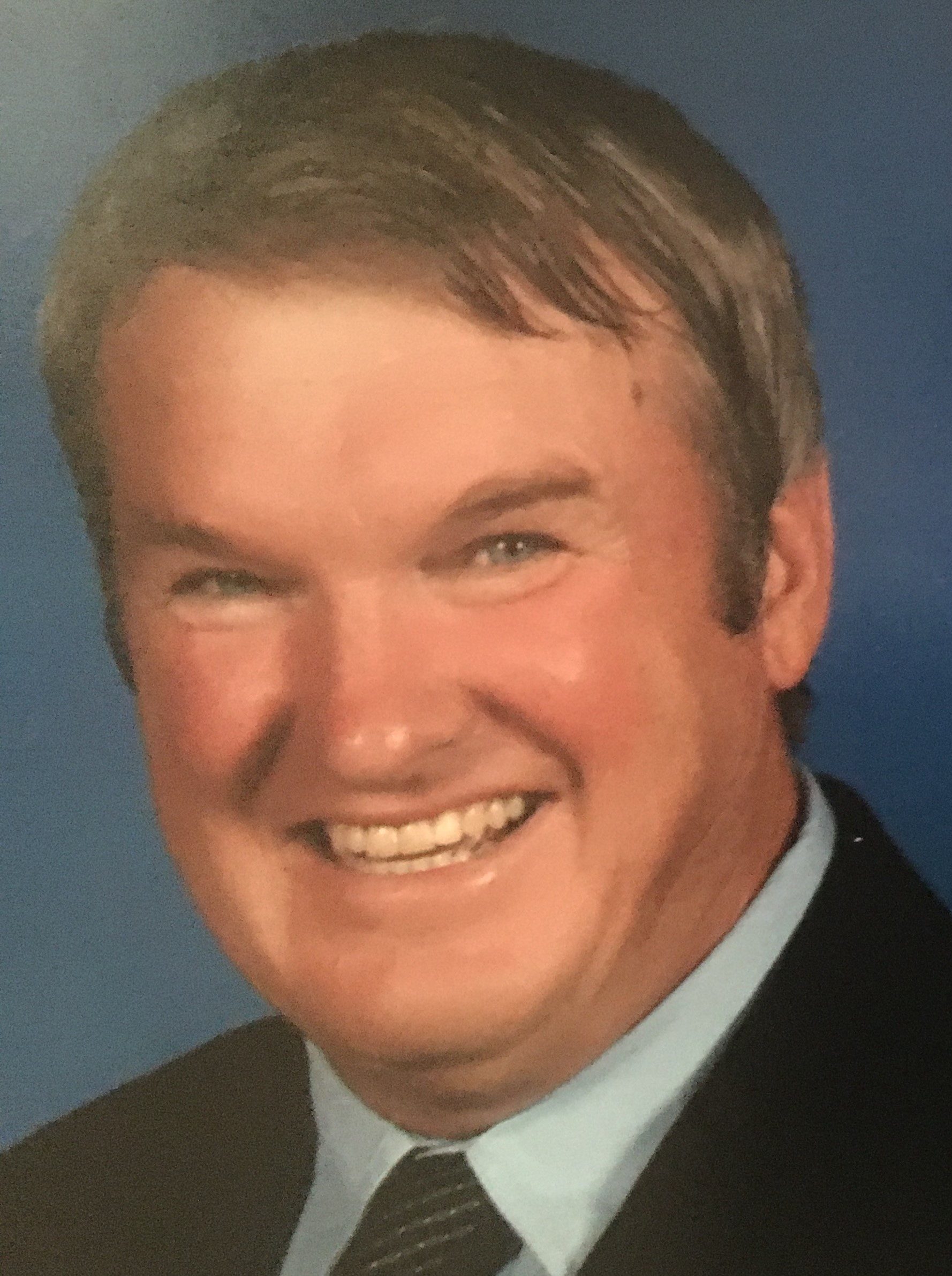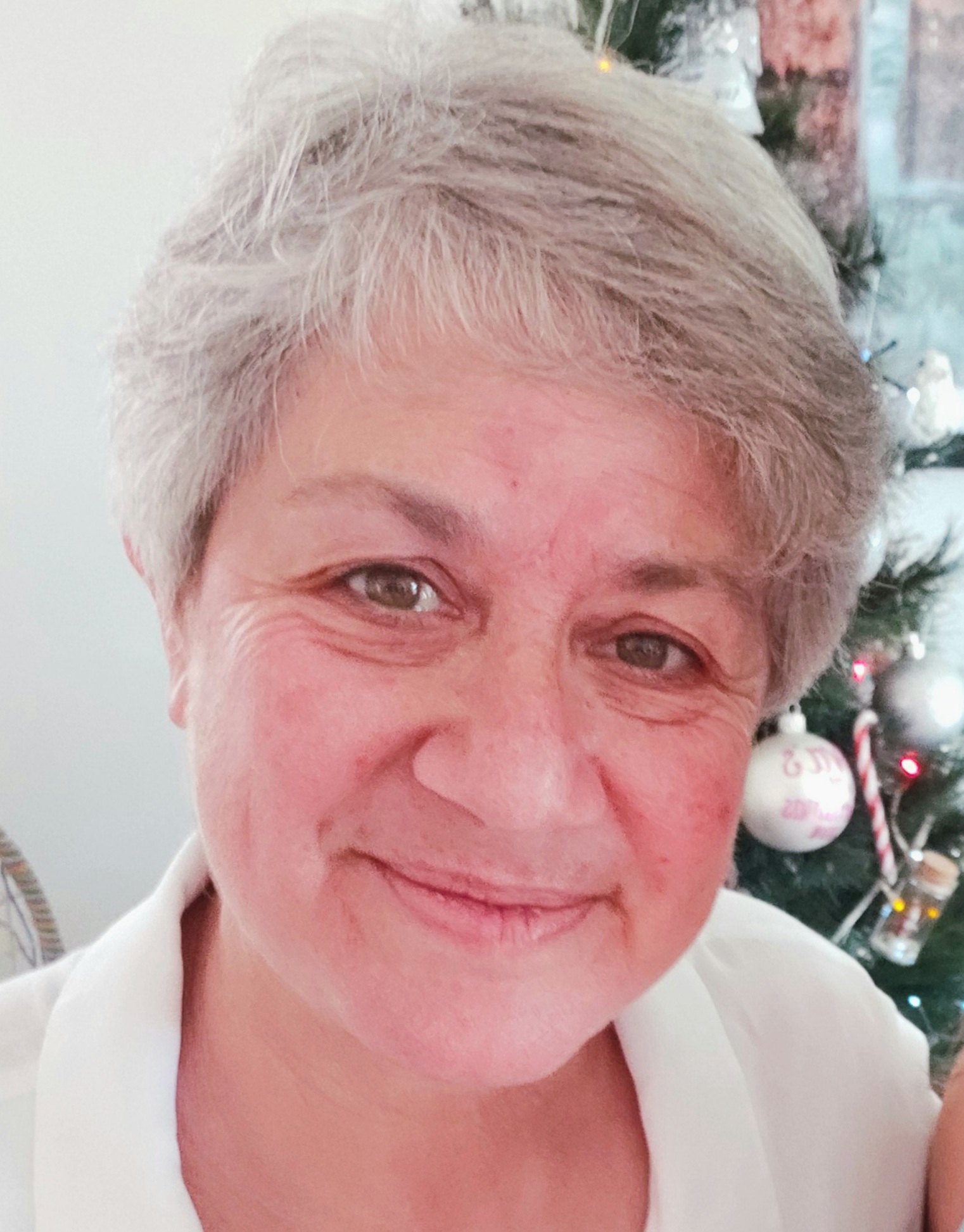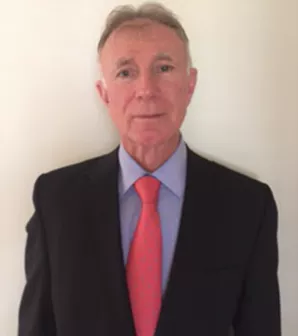
Rod Shelton
Destination Speaker and Forensics and Fraud detection expert. Retired Police Detective
Bachelor of Education
Advanced Diploma of Investigative Practice
At the Fraud Squad, Rod developed presentations on Identity Fraud and Scams and delivered these presentations at International Symposiums and to numerous business and community groups to educate people and to prevent them from becoming victims. The demand for his presentations continues.
Rod is now an independent consultant and facilitator of investigative interviewing and investigative skills and has provided training to the Australian Federal Police, the Solomon Island government and investigators from all levels of government and private organisations.
Rod’s other interests include international travel, golf and charity work.
PRESENTATIONS:
Topic 1
Sir Bernard Spilsbury -the Father of Forensics Science
In the early 1900s, Sir Bernard Spilsbury’s groundbreaking forensic pathology cases set the stage for modern day CSI. With a career spanning forty years and some 20,000 autopsies, the charismatic but arrogant and flawed Spilsbury enthralled and, to this day, continues to fascinate a broad audience.
Topic 2
The Burke and Wills Expedition
The heroic and tragic story of Australia’s most famous overland exploration which stretched over 3000 kilometres from north to south. Headed by Burke, an ambitious but arrogant and inexperienced leader of men, this is the poignant story of the dire consequences of a lack of knowledge and bush skills and a missed rendezvous. This expedition was the beginning of Australia’s telegraph link with the rest of the world.
Topic 3
Scams
What are they? What’s the psychology behind scams? Victim profiles: do you fit the profile? How can you avoid being a victim? Topics examined include Advanced Fee Fraud, Lottery Scams, Romance Scams and how the internet has enhanced a scammer’s capacity to reach victims.
Topic 4
Identity Theft
What is it? How can your identity be stolen and how it is used for criminal purposes? What are the dire consequences to the victim? Ten things you can you do to protect yourself.
Topic 5
Bernard O’Reilly
Bernard was an unassuming Australian farmer and bushman extraordinaire who became an air disaster hero. When an airplane disappeared in mountainous jungle in 1937, all but Bernard O’Reilly believed it had crashed into the sea. Traversing the harshest of mountainous country with no guide and using only his bushman skills, he located the wreck and arranged for the evacuation of the survivors. An incredible story of human endurance and survival skills.
Topic 6
The Great Barrier Reef
One of the 7 Wonders of the Natural World, the Great Barrier Reef has 2,900 individual reefs and 900 islands stretching for over 2,300 kilometres along the coast of Australia and can be seen from outer space. It is home to a stunning array of animals, from microscopic plankton and coral polyps to whales weighing more than 100 tonnes and it supports 1625 species of fish, including 1400 coral reef species and more than 3000 species of molluscs. The presentation details the historical importance of the reef to indigenous communities and its commercial value today.
Topic 7
Modern Investigative Interviewing
It is not torture or stand-over tactics. Discover modern ethical methods of investigative interviewing where the focus has changed from eliciting a confession at whatever cost to discovering the truth without threat or coercion which in the past often secured false confessions. Experience the psychology of memory and how it relates to being interviewed.
Topic 8
Australia’s most notorious bushrangers
Everyone knows Ned Kelly but there were many other from lesser known bushrangers from the early convict days through to the gold rushes. These include Ben Hall, Captain Starlight, ‘Bold’ Jack Donohoe, the ‘Wild Colonial Boy’, immortalised in song, and Daniel Morgan, ie Mad Dan Morgan. Also included is the incredible story of the female bushranger Mary Ann Bugg.
Topic 9
Horse soldiers
This is the story of the history of horse soldiering in warfare starting in early Egypt with the development of the horse for riding. Over the centuries many armies used horse soldiers and these include those of Genghis Khan, the Cossacks, the Crusaders and the Saracens. The story then describes the Australian Light Horse soldiers in WW1 and culminates in the description of the charge at Beersheba where the Australian horsemen won a decisive battle.


